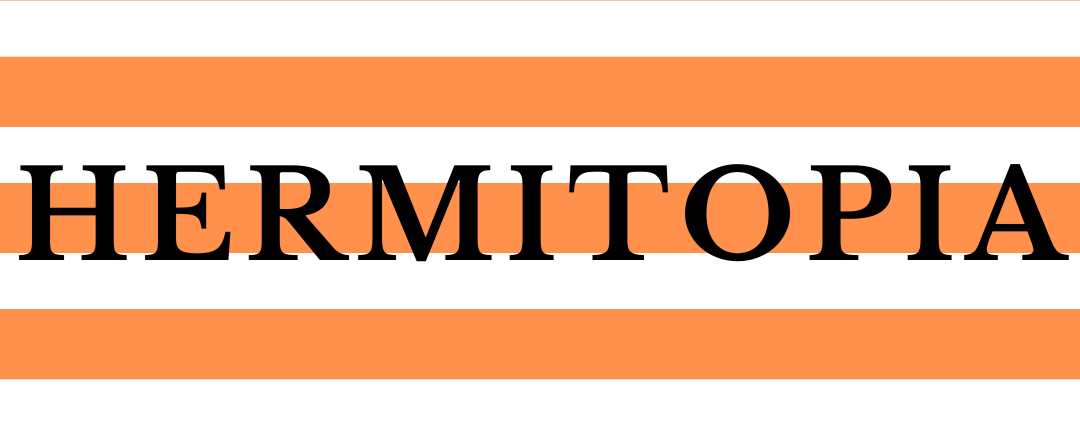Book Review: Ultra Processed People
Who’d have thought I’d be so entertained to discover that I’ve been eating industrial waste?
Depending on the circles you move in, “that book” could be anything printed work. When a friend tells you that they finally read “that book”, an eavesdropper will have no idea what they are talking about. The Da Vinci Code? A Court of Thorns and Roses? Zen and the Art Of Motorcycle Maintenance?
In one of my circles the answer is (or was until Sandra Roycroft-Davis released her first book) “Ultra Processed People” by Chris Van Tulleken, a popular UK television presenter and a doctor who, in the great history of both entertainers and mad scientists, has been known to do experiments on himself.
In Ultra Processed People, he experiments with himself and his young daughter. This would sound horrible, except that the experiments are things sign as allowing her to eat as many bowls of Coco Pops that she wants in one sitting for breakfast. I won’t judge anyone for that – it sounds like a good Friday night to me.
But why this experiment? Well, it seems that ultra processed food confused our bodies. We aren’t designed to eat it, and it’s designed to make us want to eat lots of it. That’s not fully true – some of it was designed by industry as a waste product. In any case, most if it is designed for you to eat it, be temporarily satisfied, desire more of it and then spend more money to start the cycle again. Your bank account shrinks, your health conditions expand, and manufacturers make a lot of money.
Unlike so may books about food, Chris Van Tulleken is telling us what to eat. He’s just suggesting that we read the ingredients panels and think about it, and to honest, it’s actually an intriguing hobby once your start.
My first copy of this book was on Audible, and listening to the author read it himself did add a magical quality; he knows what he’s talking about and delivers the humour with dry amusement. I say “first copy” as I fully intend to buy the paperback as I will be recommending it to friends.
It’s humourous and enlightening. It gives you a great introduction to how the manufacturing and marketing of food has changed individuals and us as a society. Speaking of individuals, it’s made some very unexpected changes for me. I literally think about the flavours and textures of my food more when I eat it, and it helped identify food intolerances. Considering allergy and intolerance testing can be hundreds of pounds and the book costs about a tenner, even if I have the Audible, a copy for myself and a copy to loan out, I’m still coming out ahead!
I’ll admit I wasn’t sure at first. The book opens well with a story about his daughter and some borderline iridescent ice cream, but then starts to get a bit sciency at a level I wasn’t ready for. There is also some dry bits later on regarding the history of industrialisation. Push through, and you’ll find yourself back into the curious world of labels and chemicals. Chris Van Tulleken does try to keep the flow going with some random reminders of the odd things our food ingredients are used for (I’m eating lubricant?!?). After all, two or three heavier chapters out of 20 is not bad.
I’d recommend this book to anyone who has health issues, has weight issues, is curious, likes food, likes history, likes getting angry at the state of the world, has kids, want’s to be more motivated to cook, hates grocery shopping, or (in the case of the audiobook) likes friendly and knowledgable voices. It’s hard for me to think of anyone who wouldn’t get something out of this book.
Except perhaps my mother. She’d rather not know what’s in her beloved jelly beans.
Find it on Waterstones | Amazon | Audible

